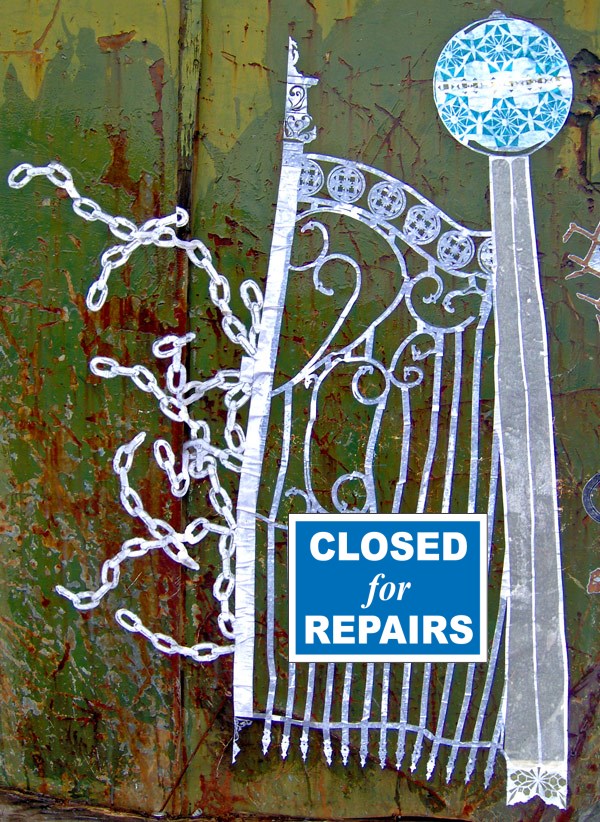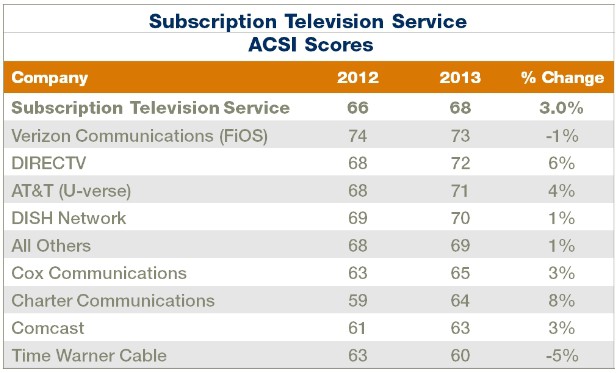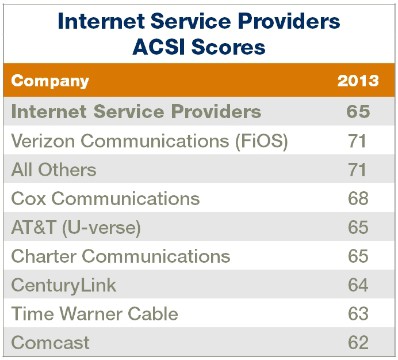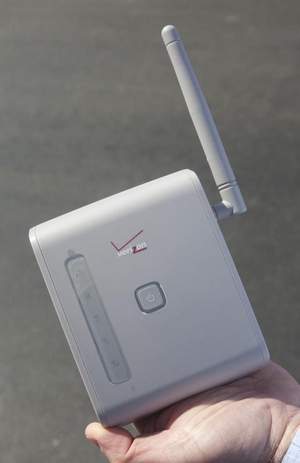 All Arcadia, N.Y. town supervisor Dick Colacino wanted was for Time Warner Cable to consider using some of their profits to expand their cable system by one or two roads a year to offer service where it has earlier refused to go.
All Arcadia, N.Y. town supervisor Dick Colacino wanted was for Time Warner Cable to consider using some of their profits to expand their cable system by one or two roads a year to offer service where it has earlier refused to go.
Time Warner Cable’s response? No.
But Time Warner might turn that “no” into “yes” if customers offer to cover the cable company’s estimated cost of $22,000 per overhead mile to extend cable service down ignored rural roads. Underground wiring costs much more.
Every year, elected officials in just about every small town and village get an earful of complaints from bypassed residents who cannot get cable broadband service.
Arcadia (pop. 14,900) is a small community in Wayne County, east of Rochester. Time Warner Cable dominates western and central New York, with cable service from Albany west to Buffalo. In Wayne County alone, Time Warner is the only cable provider in the 23 largest municipalities. But the company has routinely skipped over potential service areas it considers not worth a wiring investment. That leaves bypassed residents with one choice for broadband — Verizon Communications, which has not expanded DSL service in the area for some time.
The New York Public Service Commission has mandated that cable service must be available to any area where 35 homes per mile are located within 150 feet of the road.
 Time Warner representative Chris Mueller says the cable operator has already cut that benchmark to 20 miles per home, but areas remain that do not meet even that reduced standard. Without an appropriate return on investment within a certain time frame, Time Warner Cable won’t wire those areas for service.
Time Warner representative Chris Mueller says the cable operator has already cut that benchmark to 20 miles per home, but areas remain that do not meet even that reduced standard. Without an appropriate return on investment within a certain time frame, Time Warner Cable won’t wire those areas for service.
Colacino told Mueller he was very unhappy with that decision and intended to pursue the matter at franchise renewal time, possibly in coordination with other communities that also have a number of bypassed residents. A community can negotiate for changes during franchise renewal talks, but in almost every case, the incumbent cable operator holds the strongest position, knowing a community looking for another provider will be unlikely to find one willing to serve.
Colacino has battled with the cable company since at least 2010 because of complaints from area residents and businesses who cannot get service.
That year, a Time Warner Cable government affairs representative offered Colacino a novel solution to the problem — agree to refund collected franchise fees to Time Warner Cable, after which the company would consider using the money to expand service to more roads in Arcadia.
The only problem with that solution is that it is illegal.
“You can’t do that,” town attorney David Saracino responded. “It’s an unconstitutional gift of public monies.”


 Subscribe
Subscribe “I will be dead in the ground before Verizon gets around to restoring my phone line, and I have been their customer for 72 years,” says Irene, 95, one irate now-ex Verizon customer in New Jersey.
“I will be dead in the ground before Verizon gets around to restoring my phone line, and I have been their customer for 72 years,” says Irene, 95, one irate now-ex Verizon customer in New Jersey. Irene’s great-grandchildren visit with cell phones in hand and cannot understand why Irene still bothers with her home phone, and the family purchased her a cell phone for Christmas to use in the interim but Irene has thrown it in a drawer.
Irene’s great-grandchildren visit with cell phones in hand and cannot understand why Irene still bothers with her home phone, and the family purchased her a cell phone for Christmas to use in the interim but Irene has thrown it in a drawer.



 The union considers Verizon’s wireless alternative less adequate than the wireline facilities Verizon wants to abandon. The CWA wants the PSC to study Voice Link’s performance during times of peak cellular usage times, power outages, adverse weather, and inadequate reception.
The union considers Verizon’s wireless alternative less adequate than the wireline facilities Verizon wants to abandon. The CWA wants the PSC to study Voice Link’s performance during times of peak cellular usage times, power outages, adverse weather, and inadequate reception.